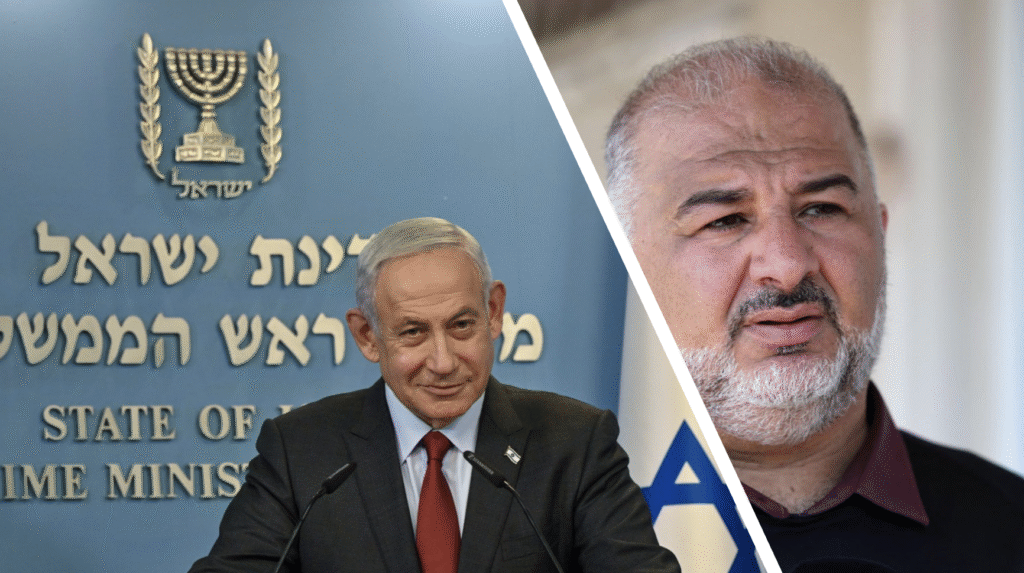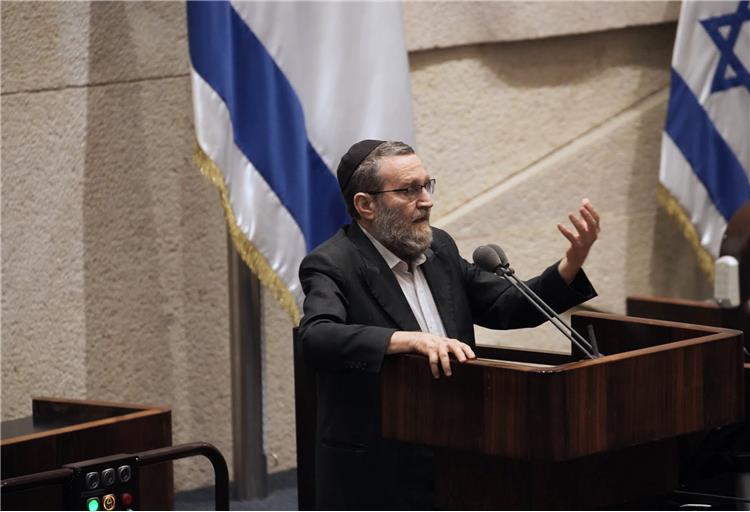The panic that seized Mansour Abbas’ Ra’am party after Benjamin Netanyahu’s remarks this week about outlawing additional parts of the Muslim Brotherhood was very premature. Beyond the fact that no concrete steps were taken to disqualify Ra’am from running for the Knesset, the prime minister’s current political interest is actually for Arab representation to be as large as possible — not the opposite.
According to most polls, Bibi’s bloc is far from attaining a majority, and it may need the Arab parties to help him block the Zionist, anti-Netanyahu opposition. They are a partner, not a predator.
Netanyahu, therefore, may be sorry to hear that the talks to form a joint Arab bloc have reached a dead end. In the Hadash party there is no one to talk to, because its leader Ayman Odeh is retiring, and his replacement has not yet been appointed. Meanwhile, Odeh’s party colleague Aida Touma-Suleiman — glorifier of the “martyrs” — is expected to be replaced by Jafar Farah from the Mossawa Center, next to whom even she would be considered a paragon of Zionism.
Their common ground with Ra’am — a party that would like to join the next coalition — is minimal. What good are a few extra Knesset seats if they cannot agree what to do with them?
MK Ahmad Tibi hinted this week that behind the breakdown in talks lies a Jewish plot: “Friends in the opposition told me they prefer that the Arabs not pass ten seats.” He apparently meant Naftali Bennett. Indeed, those inside the Arab parties claim he and Abbas have a secret pact. Bennett can prevent a strategic threat to his already dwindling chance of reaching a Knesset majority of 61 seats, while Abbas can gain independence and some wiggle room for the next round of negotiations.
Abbas watches with weary eyes the insistence in every interview that he call for Hamas to be dismantled — but he’s convinced that when needed, everyone will call him to join their coalition. After all, he has already been through public vows not to sit with him that ended in a cross-camp courtship frenzy as the ballot boxes closed.
Could a joint Arab bloc still be formed? Yes — if Netanyahu actually gets close to the 61-seat mark in the next election. In that case, the Arab parties would suddenly find that unity is no longer a luxury, but an unavoidable last-minute move.
This is an excerpt from my Shabbat column in Israel Hayom. Read it on Israel Hayom’s website here.









